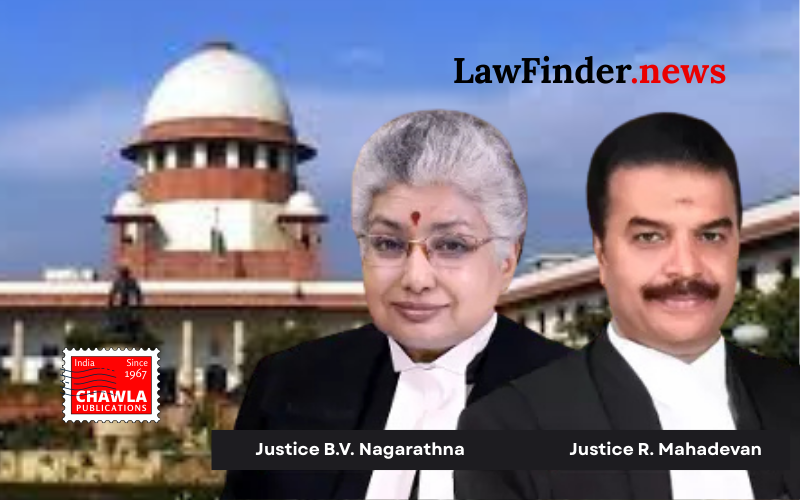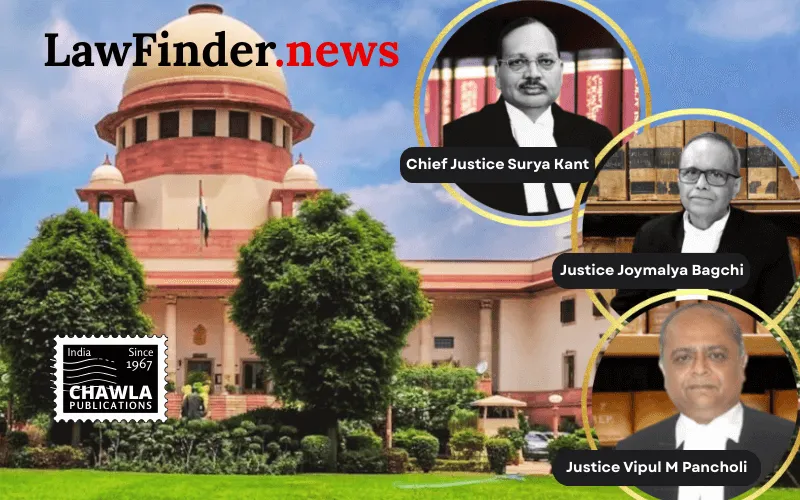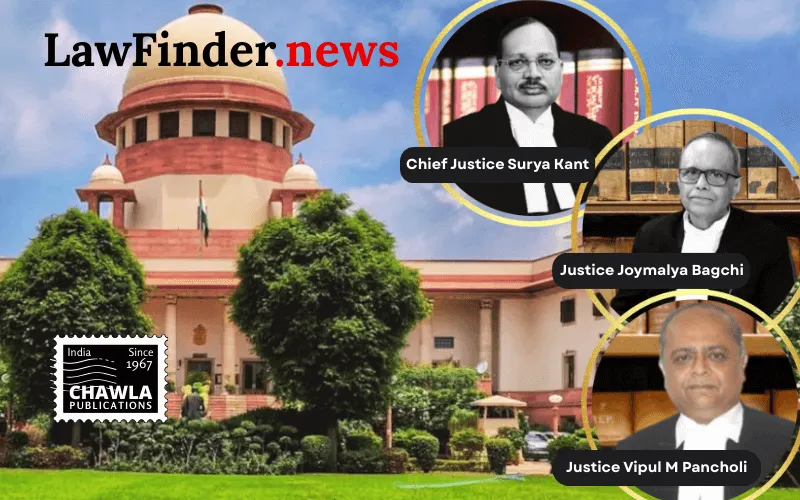Supreme Court Quashes Criminal Proceedings in Landmark Judgment, Citing Abuse of Legal Process. Supreme Court rules multiple FIRs in civil dispute as malicious, setting a precedent against misuse of criminal law for civil matters.
In a landmark judgment, the Supreme Court of India has quashed a First Information Report (FIR) and the associated charge sheet against Anukul Singh, who had been implicated in multiple criminal cases regarding a civil dispute over loan repayment and property transactions. The Supreme Court bench, comprising Justices B.V. Nagarathna and R. Mahadevan, delivered the verdict, highlighting that the criminal proceedings were an abuse of the legal process.
The case, titled "Anukul Singh v. State of Uttar Pradesh," involved an appeal against the decision of the High Court of Judicature at Allahabad, which had dismissed Singh's application to quash the criminal proceedings initiated against him under Sections 420, 467, and 468 of the Indian Penal Code (IPC). These sections pertain to charges of cheating and forgery.
According to the appellant, Anukul Singh, the FIR filed against him was rooted in a civil dispute over a property transaction and a loan repayment issue. The appellant claimed that the FIR was filed as retaliation for a previous complaint he had lodged against the respondent.
The Supreme Court bench, comprising Justices B.V. Nagarathna and R. Mahadevan, emphasized that criminal proceedings should not be used to settle civil disputes or as a form of retaliation. They cited the principles laid down in the landmark case "State of Haryana v. Bhajan Lal," which provides guidelines on when criminal proceedings can be quashed to prevent abuse of legal processes.
The bench noted that the multiple FIRs filed against Singh in quick succession indicated malicious intent and were a misuse of the legal system to settle civil disputes. The Supreme Court observed that the allegations in the FIR, even if taken at face value, did not substantiate the essential components of the offenses of cheating and forgery.
The judgment underlines the misuse of criminal law in commercial or contractual disputes, reiterating that criminal law should not substitute civil remedies. It also stressed that criminal proceedings should not be used as a tool for harassment or personal vendetta.
Consequently, the Supreme Court set aside the High Court's decision, quashing FIR No. 47 of 2003 and the subsequent charge sheet. The court, however, clarified that the parties are free to pursue civil remedies if available.
This judgment serves as a significant precedent in discouraging the misuse of criminal law for settling civil disputes, reinforcing the principle that criminal proceedings should not be used to settle personal scores.
Bottom Line:
Criminal proceedings initiated to settle civil disputes or as retaliation are liable to be quashed under Section 482 Cr.P.C.
Statutory provision(s): Section 482 Cr.P.C., Sections 420, 467, 468 IPC, Section 138 of the Negotiable Instruments Act, 1881, State of Haryana v. Bhajan Lal, 1992 Supp (1) SCC 335.
Anukul Singh v. State of Uttar Pradesh, (SC) : Law Finder Doc Id # 2783357




